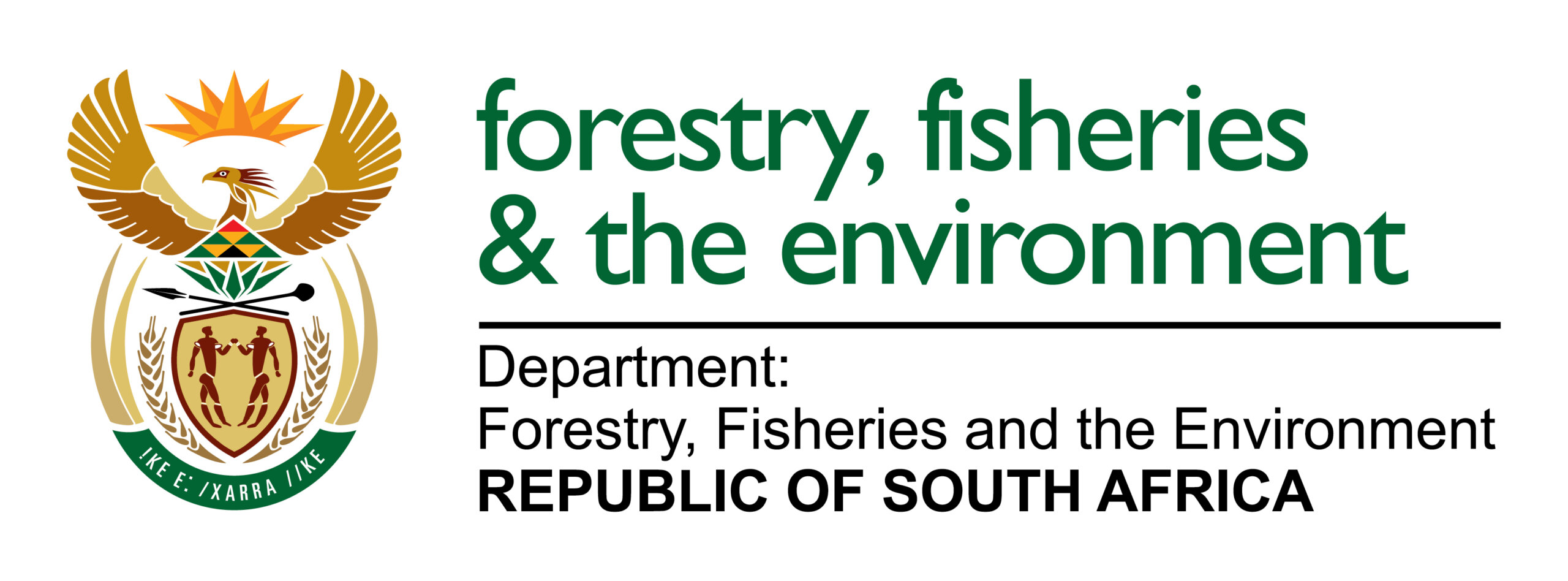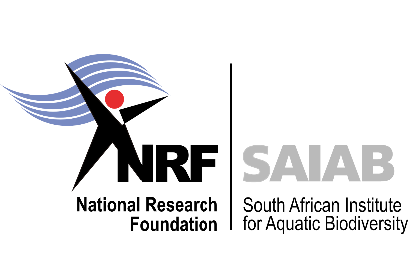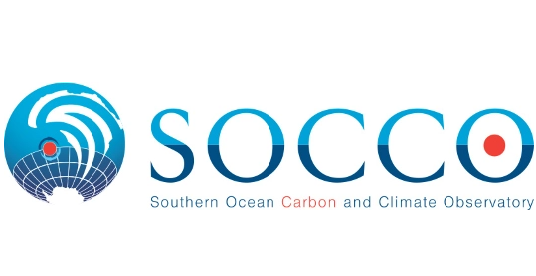



Governance
The SAPRI is designed as a consortium hosted at the South African Environmental Observation Network (SAEON) Egagasini Marine Offshore Node, a business unit of the National Research Foundation (NRF), a statutory entity established in terms of the National Research Foundation Act (Act no. 23 of 1998).
SAPRI relies on SAEON for all the necessary support functions, e.g. admin, business operations, HR, finance and supply chain management (SCM). In turn, SAEON relies on NRF Corporate shared services such as HR, legal, finance, audit and SCM to provide the necessary support in terms of policies, procedures and advice.
The SAPRI is currently governed by an interim advisory panel, a formal advisory panel and a steering committee, as well as Thematic User Fora and a South African National Antarctic Programme (SANAP) Coordination Committee, responsible for the alignment between science projects and the infrastructure. This combination of advisory structures ensures transparent institutional arrangements and continuous scientific inputs for the expansion of the SAPRI.
The SAPRI is divided into four integrated facilities (IFs) – also referred to as nodes – managed by consortium partners: Data, Products & Society (DPS); Long-term Observations on Land (LTO-Land); Long-term Observations of the Ocean (LTO-Ocean); and the Polar Lab.
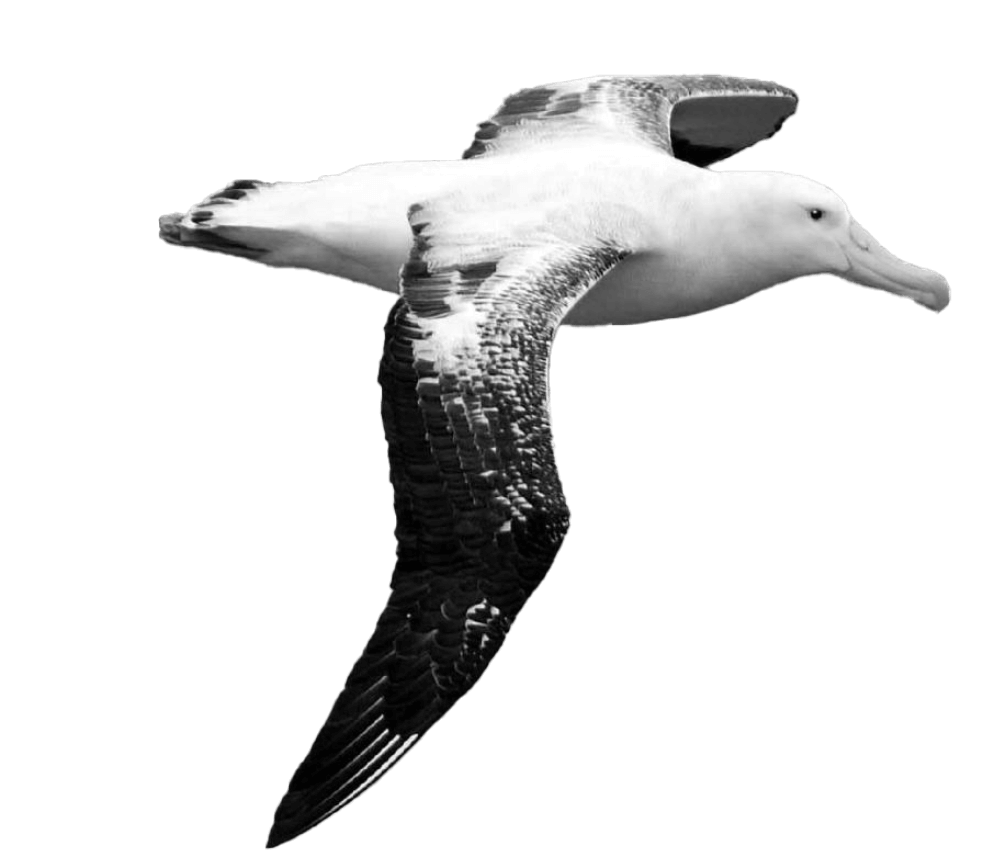

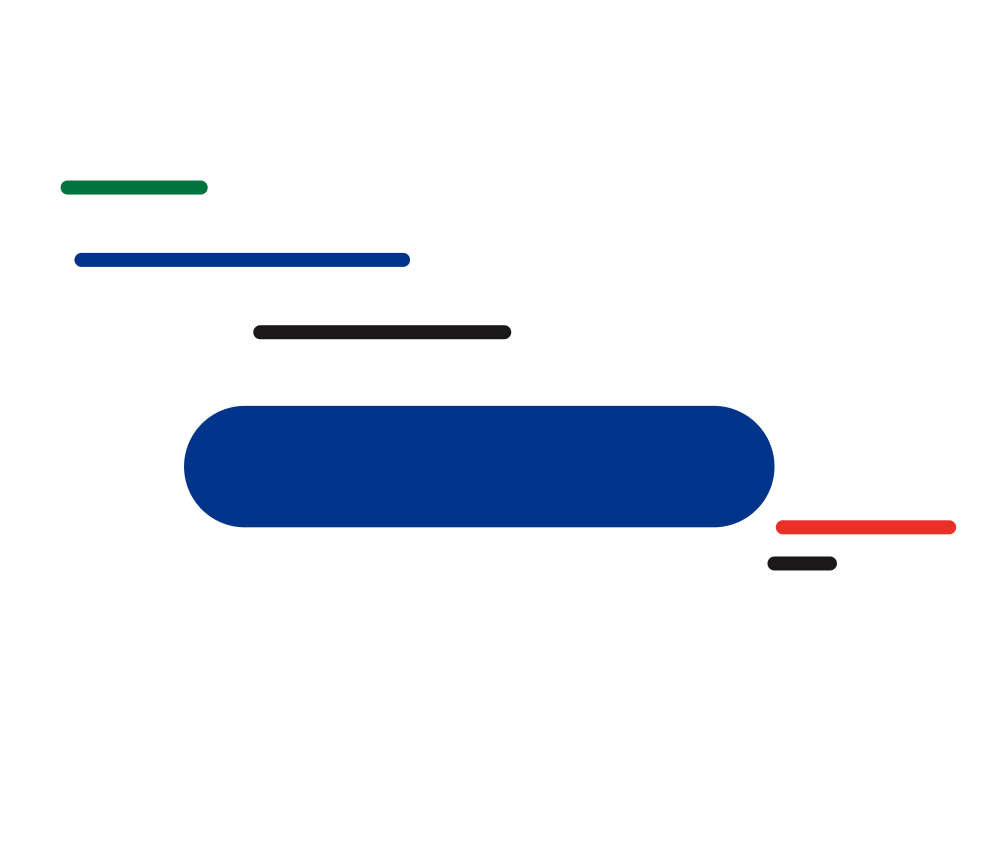
MANDATE OF GOVERNMENT IN SOUTHERN OCEAN AND POLAR ACTIVITIES
The responsibilities of regulating the Prince Edward Island archipelago and South African activities in Antarctica is vested in the
Department of Forestry, Fisheries & the Environment (DFFE). The DFFE collaborate with a range of National Departments and non-governmental organisations to ensure environmental management of the Antarctic ecosystems.
The Departments such as Department of Science, Technology and Innovation (DSTI), DFFE, Department of International Relations and Cooperation (DIRCO) and Department of Public Works and Infrastructure (DPWI) all have a role to play in ensuring sustainability of South Africa’s activities in the Antarctic and sub-Antarctic Islands.
Researchers from various institutions receive funding for basic and applied research in Antarctica and the sub-Antarctic through the NRF, which is an entity of the DSTI.
The roles of these Departments, indicated in the figure below, need to be carefully coordinated to ensure that South Africa’s investments are optimised. Due to the cross-cutting and interdependent nature of these Departments’ roles, the establishment of a governance framework for SAPRI is necessary to guide the operations and management of Southern Ocean and Antarctic research activities.
DSTI
Research Management
Research and Human Development
Provision of Research Infrastructure
Provision of Funding for and Management of Research Resources
Management and Coordination of Research Activities
Management of Data Generated to Ensure Accessibility
Provision of Data Management Infrastructure
DFFE
Regulatory function
Logistics management and coordination
Conservation, protection and management of the environment
Undertaking research relating to conservation, protection and management of the environment
Management of the islands and the research bases
Management of research infrastructure on the vessels and research bases
Plan and implement long-term environmental monitoring
Provision of data management infrastructure for environmental monitoring data; risk management and scenario planning
Maintain and manage environmental data
Owners and managers of research vessels
DPWI
Maintenance of the research stations at the bases
Maintenance of structural infrastructure
Planning for and modernising infrastructure and utility services at the bases
DIRCO
Management of international relations
Provision of consular services
Operations of the Antarctic Desk
Acting as a focal point for diplomatic communications and engagement
Figure 1: The roles played by of some of the government departments in the national Antarctic treaty system.
Currently the DFFE manages the enabling infrastructure for research in the Antarctic and Southern Ocean. These include the S.A. Agulhas II Polar Research and Supply Vessel, research bases at Marion Island, Gough Island and Antarctica, helicopters and vehicles for Antarctic mobility. In addition, DFFE undertakes research and long-term monitoring for advice on the protection and conservation
of Antarctic living and non-living resources and the environment; provides the coordination of logistics activities for Antarctica and sub-Antarctic Islands; and regulates participation of all South Africans in Antarctica and the sub-Antarctic Islands (including Gough Island) as mandated respectively by the Antarctic Treaties Act and Protected Areas Act.

DSTI/DFFE INTERFACE WITH SAPRI
SAPRI is entirely dependent on the DSTI and the DFFE for its sustainability and success. The DSTI is the reason for SAPRI’s existence by providing the necessary funding for the Research Infrastructure (RI). Access to the Southern Ocean and Antarctica is enabled by DFFE by providing the means to physically access these remote locations. It is therefore necessary for SAPRI to have strong ties with DSTI and DFFE to ensure that it achieves the intended objectives.
There are four levels at which the two departments interface very closely:
DFFE managing and administering the S.A. Agulhas II and its research facilities, logistics facilities at East Pier, research bases, utilities, communication infrastructure onboard the vessel, at Antarctica and at the Islands versus DSTI funding researchers as dependent users of these facilities.

